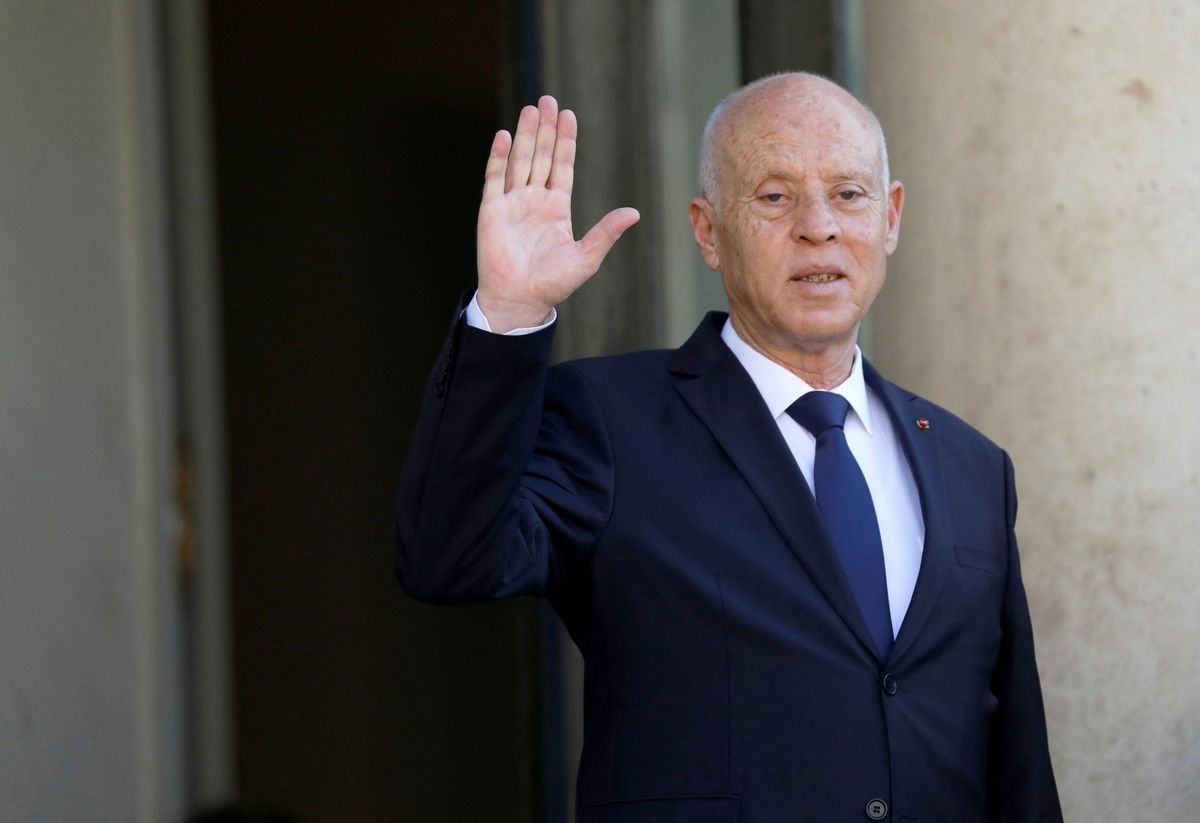Poll shows that Arabs are moving toward authoritarianism amid economic turmoil

A few minutes every morning is all you need.
Stay up to date on the world's Headlines and Human Stories. It's fun, it's factual, it's fluff-free.
A recent poll shows that Arabs in the Middle East and North Africa are losing faith in democracy and are leaning more toward authoritarian kinds of government.
The poll, done for the BBC and conducted by the Arab Barometer network, showed that across nine different Arab countries and the Palestinian territories, more than half of people say they either agree or strongly agree that they’re more concerned with how effective the government is with its policies than about the type of government they have. In all the countries surveyed, there was a rise in people who agree that the economy is weak under democracy. And most people said they prefer strong leaders “who can bend the rules" to be more effective.
This report comes just over a decade after the Arab Spring, which was a series of protests that had people in Arab countries fighting for moves toward democracy. Most of those countries didn’t remain democracies, though, and the last one – Tunisia – could be on its way back towards authoritarianism if a recent draft constitution is approved.
“There’s a growing realization that democracy is not a perfect form of government, and it won’t fix everything," said Michael Robbins, the director of Arab Barometer.
These countries are also places where the economic outlook isn’t great. Fewer than half of the respondents were willing to say the economic situation in their country was good.
“What we see across the region is people going hungry, people need bread, people are frustrated with the systems that they have," said Robbins.




Comments ()